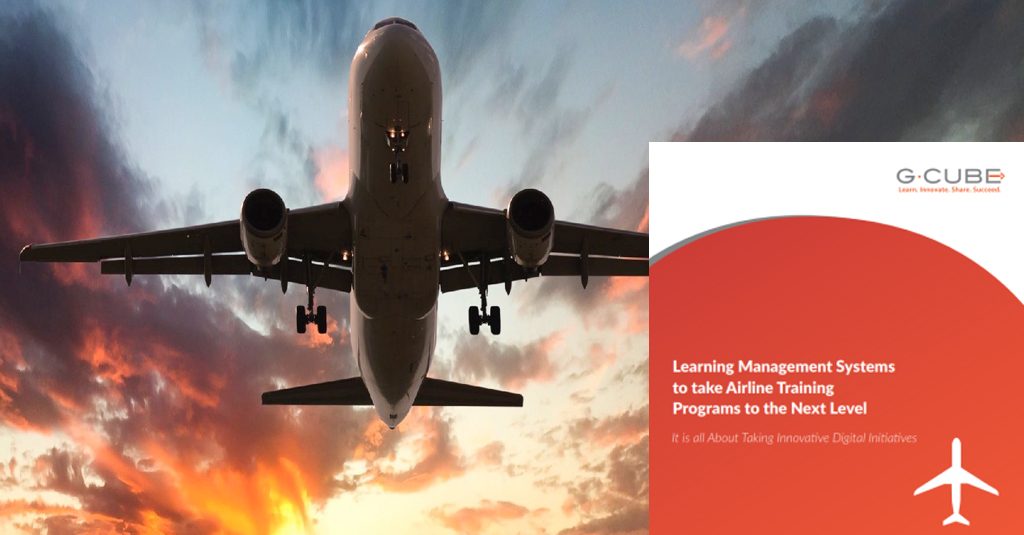Airlines industry has always been at the cusp of digitization and expected to evolve with changing demands for travel. The transformation from traditional classroom approach to digital learning helps improving workplace efficiency. A plethora of training programs on safety & security, soft skills, ground handling, cabin crew and others cater to the customized needs of diversified audiences. The two key factors that help driving this digital shift include- The need to meet changing compliances of the aviation sector in accordance to the updated information and to deliver the complete learning experience for employees with different job roles and responsibilities.
Aviation Training- Challenges & Solutions
The industry faces a myriad of challenges when it comes to training their workforce at the point of need. Few challenges associated with workforce training in this sector include the following:
Large workforce
Around 56 million people are indulged in aviation-related activities and other tourism. Therefore, training every employee from pilot and crew member to air hostesses is not a easy task.
Diverse audiences
Different employees work from different locations, so it is essential to create online courses that caters to the customized needs of individuals.
Automated training
When hiring new employees, it is essential to automate orientation programs via robust online learning platforms for better training experiences.
Regulatory compliances
Compliance is one of the major concerns for aviation sector. Employees working in this domain need to follow security measures which they can learn through training.
The advent of novice technologies in the airspace industry brings ample of opportunities for innovation and digitization. Artificial intelligence, automation and data analytics leave a major impact on learning efficiency of the organization personnel. Effective e-learning solutions that are imparted to address these challenges include.
Gamification
Gaming elements are embedded with online courses to add fun to the overall experience. Participants win points, badges and scores on successful completion of a level which leads to increased learner engagement and workplace performance.
Chatbots
Bots are the devices used to interact with users in human-like manner. Learners resolve their queries in the form of audio or video, making it more interactive and easy to understand.
Mobile learning
It enables learners to access content nuggets on their personalized mobile devices so that they can learn at their own pace without any hassle.
Augmented Reality (AR)
It is the latest approach followed by organizations to allow employees to learn in a simulated environment, where elements of the real world are incorporated in a virtual environment.
Gone are the days when airspace companies knew everything and customers knew nothing. With technological advancement, customers can now embrace fruitful relationships with airlines to promote more transparency. The deployment of online LMS has improved the scope of online learning rather than boring classrooms. With increasing aerospace congestion and technological innovation, learning and development needs of aviation sector have evolved. For training to be more interactive and efficient, aviation industry is now radically thinking the way new methodologies can be adapted to cater to tailored learning needs.








